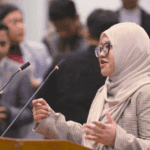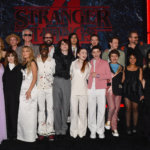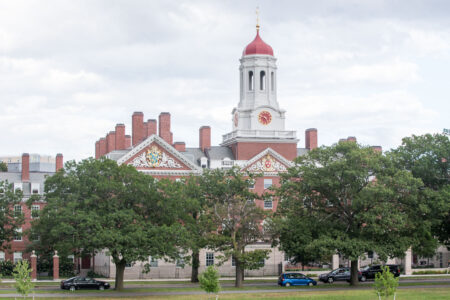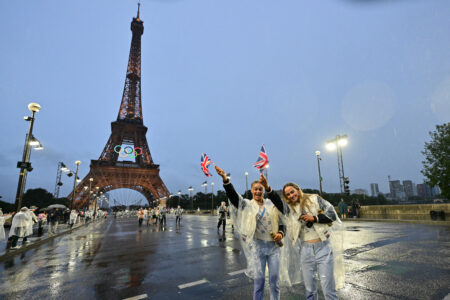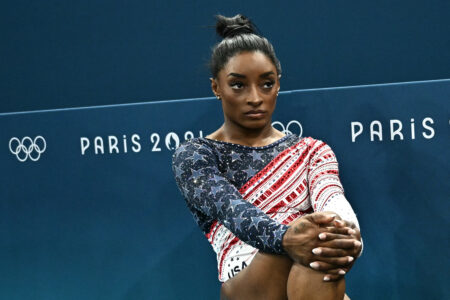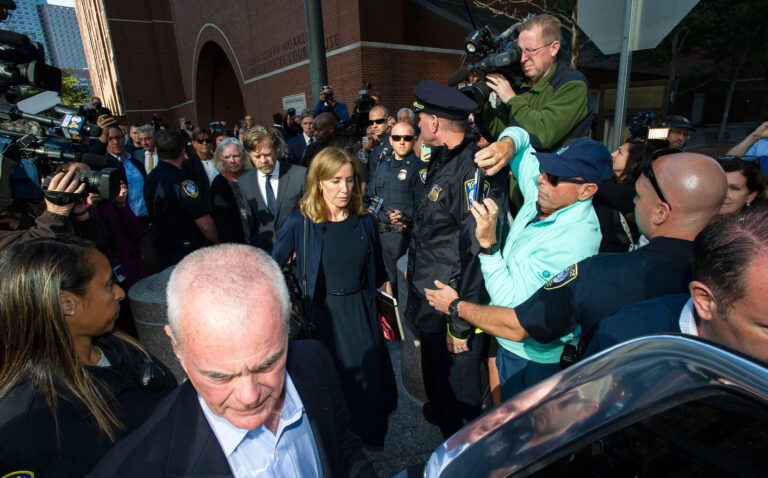
When it comes to admissions into elite schools, colleges, and universities, money can all but guarantee access to those who can afford it.
Enter celebrity scandals.
It’s not difficult to find rumours about famous parents bypassing tortuous admission processes for some of the world’s top institutes. Hard evidence, however, is harder to come by – it has more to do with connections, legacy applicants, and personal wealth and status.
Thinking about all the black, brown, & low-income students who arrive at college & who are made to feel as if they don’t deserve to be there, while so many wealthy students have their parents essentially buy their way into these schools & rarely experience the same skepticism.
— Clint Smith (@ClintSmithIII) March 12, 2019
Money makes the education world go around
The Wall Street Journal ran a story in 2003 claiming that schools bend the rules to let the rich enrol their progeny. In the fall of 2018, there were allegations that Harvard favoured big donors during a lawsuit.
Ivy Leagues are a great example.
Steep price point aside, students from wealthy families are more likely to receive an acceptance letter to Ivy League schools.
If their parents are alumni, it is almost guaranteed that they would have no trouble entering a prestigious university. In return, these schools use these opportunities to secure sponsorships and donations from wealthy alumni.
The documentary Exclusion U also reveals that Ivy League admissions offices will “start to take notice of applications” if they come with donations of US$10 million and up. Unsurprisingly, these institutes have more students from the top 1% of the income scale than from the entire bottom 60%.
Another factor is simply bragging rights. Many schools and universities also practice engraving doner names into their walls, or simply naming a new building or hall after a generous contribution.
Even the University of Oxford inscribes its most prominent benefactors into the Clarendon Arch, a structure near the historical Bodleian Library. While some use this practice to recognise academic or professional contributions, others use it to reward – and encourage – large endowments.
Indeed, the world isn’t fair, but that doesn’t excuse making the inequality even worse.
You may be surprised to find out that some of the biggest names in the media actively contribute to this inequality, creating some of the world’s most famous celebrity scandals.
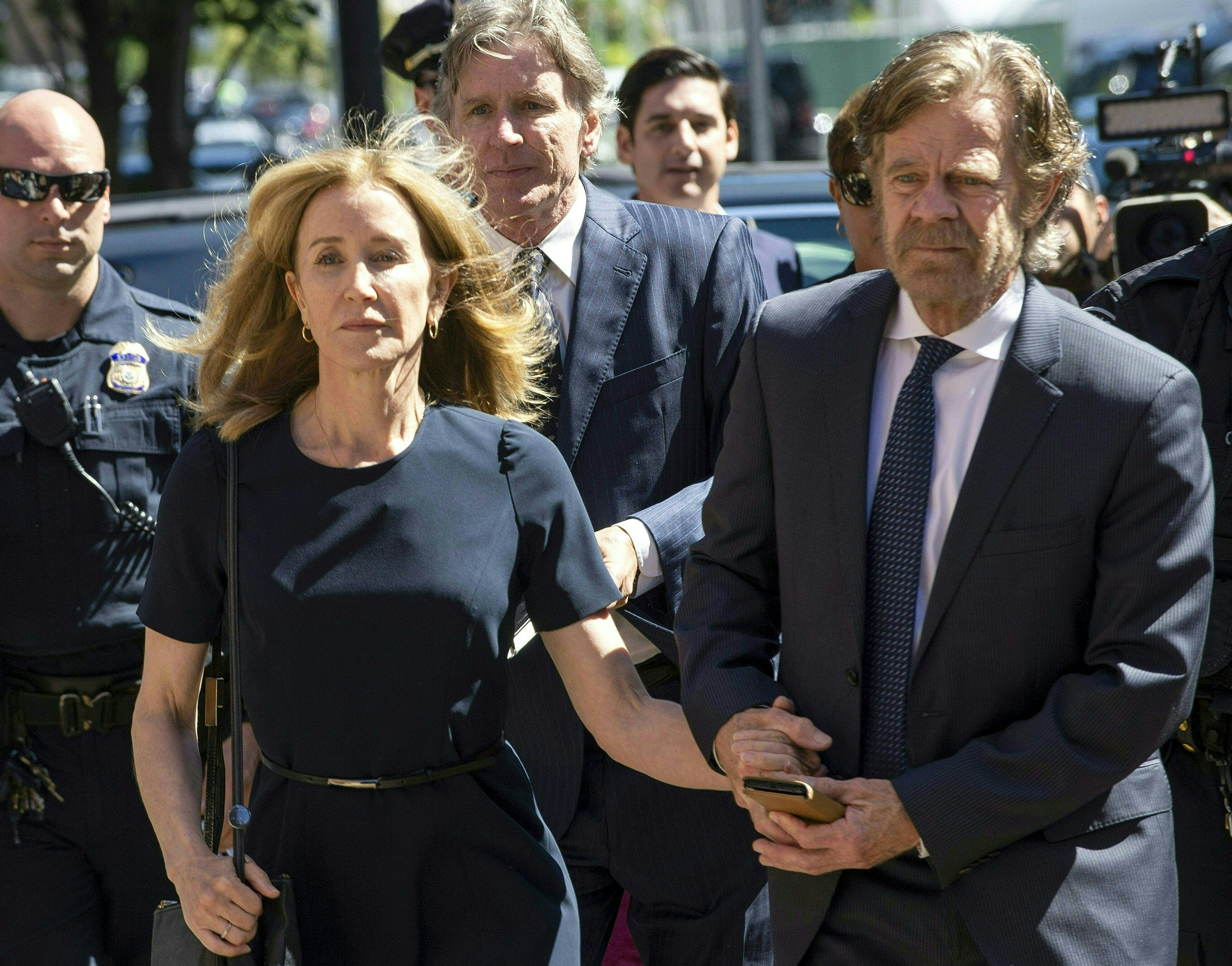
While some recognise Felicity Huffman as the star of “Desperate Housewives,” many know her husband, William H. Macy, for his titular role as Frank Gallagher in “Shameless.” Source: AFP
Tales of a desperate housewife
Perhaps one of the more curious examples of how fiction can sometimes reflect real life.
In Season 1, Episode 5 of the classic soap opera “Desperate Housewives,” Lynette Scavo attempts to get her twin sons into elite private school Barcliff Academy. The school then requests a “generous donation” of US$15,000 to ensure her children beat out the rest, which Scavo eventually coughs up.
Scavo is played by Felicity Huffman, who was sentenced to jail in 2019 for being involved in a college admissions scandal.
Huffman admitted to paying US$15,000 – the exact amount her character paid in the show – to have her daughter’s SAT exam answers falsified in 2017. In the fraudulent SAT, Huffman’s daughter received a score 400 points higher than her score on a practice test.
She was slapped with a 14-day prison sentence, 250 hours of community service, and a US$30,000 fine.
“There are no excuses or justifications for my actions. Period,” Huffman said after her sentencing. “I would like to apologise again to my daughter, my husband, my family and the educational community for my actions.”
“I especially want to apologise to the students who work hard every day to get into college, and to their parents who make tremendous sacrifices supporting their children.”
Celebrity scandals that shook the world – the Varsity Blue incident
Huffman was the first parent sentenced in a large-scale college fraud investigation in the US, an underground scam run by college prep expert William “Rick” Singer.
The scandal involved several parents paying a total of over US$25 million for their children to score spots at elite US universities, including private and public Ivy Leagues like Yale, Stanford, Georgetown, and more.
SAT test proctors took bribes as high as US$10,000 for an individual student to increase student scores or fake curriculum profiles. Examiners were planted to swap out tests or correct answers before grading, and some graphic designers were paid to Photoshop students into stock photos playing sports they’ve never tried.
Actors, CEOs, notable business owners, and at least one co-chairman of an international law firm were involved.
Singer was sentenced to three and a half years in prison, along with a US$10 million fine in restitution to the federal government. He pleaded guilty to conspiracy to commit racketeering, conspiracy to commit money laundering, obstruction of justice and conspiracy to defraud the US government.
Named Varsity Blues after the 1999 film, the scandal struck a deep nerve among many.
Netflix even made a documentary in 2021 named Operation Varsity Blues: The College Admissions Scandal.
But the Varsity Blues scandal is merely the tip of the iceberg. Other notable figures and celebrities have been caught lying about qualifications or straight up faking a degree.
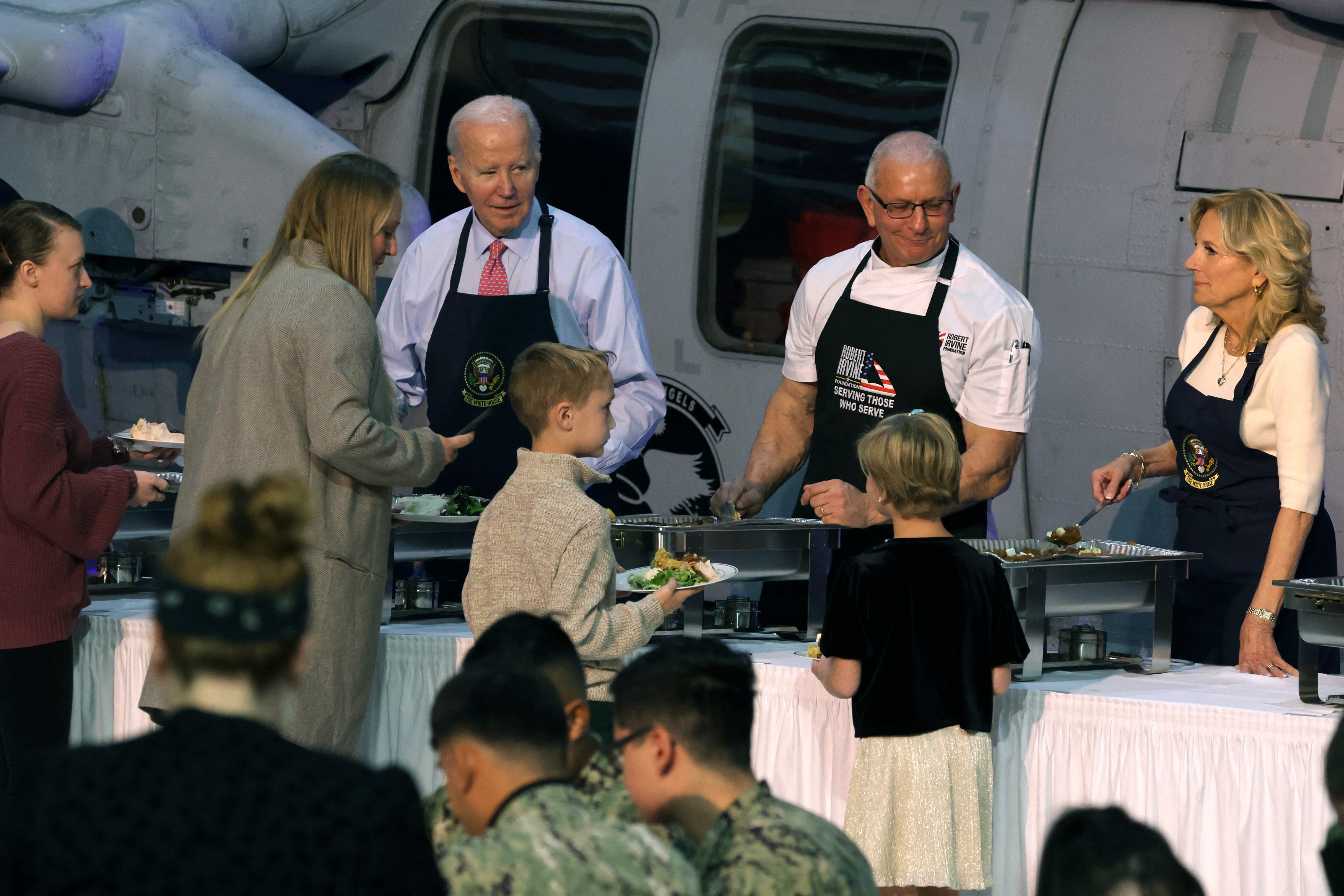
While Robert Irvine lied about his connections to British Royalty and US presidents, at least he now can say he worked with Joe Biden. Source: AFP
Celebrities who faked it but still made it
Many of the rich and famous have been caught and exposed for their underhanded ways. We wonder, how many others have managed to slip by for much longer?
Robert Irvine
Many may know British chef Robert Irvine from his long-running Food Network shows “Dinner: Impossible” and “Restaurant: Impossible.”
But while the chef served up some good food, he also served up a hot plate of lies. Embellishing a resume is far more common than one may expect, but Chef Irvine went a little too far.
He claimed to have been knighted and handpicked by the late Queen Elizabeth II herself, and that he was a personal friend and chef to Prince Charles. So close, in fact, that he worked on the wedding cake for Prince Charles and Princess Diana. He also went on to say that he cooked for four US presidents.
All these were not entirely true — rather, they were overly inflated lies.
He worked on the royal yacht Britannia while he was in the Royal Navy, and he was involved in the guest programme at the White House, but he did not cater to any royalty or the US president. For the royal wedding cake — well, they made it at the school where he studied at.
But the topic of education unravelled more worms.
Irvine said that he received culinary training and earned a bachelor’s degree in food and nutrition from the University of Leeds. During an investigation, a university spokesperson confirmed that Irvine had no records with the university, but Irvine insisted that it was a programme offered set up through the Royal Navy.
Regardless of his messy history, he was still able to become a brilliant chef, hosting food shows, opening restaurants and having a net worth of US$15 million. Perhaps this is the epitome of faking it till you make it?
Yoon Seok Hwa
Korean theatre actress Yoon Seok Hwa said she was an art major at Ewha Women’s University, one of the world’s largest female educational institutes and one of the most prestigious universities in South Korea.
She claimed that she dropped out after a year to pursue her acting career and fondly referred to Ewha students as her juniors (hoobaes). Thanks to her degree, she rose through the ranks and became one of South Korea’s most popular theatre actresses.
She even gave a lecture at Ewha Women’s University chapel as an alumnus, saying, “When I used to go to this school, the students used to find this chapel time very boring. Some of them were even cutting their nails. But looking back, it’s a precious memory.”
Turns out, Yoon never attended Ewha Women’s University. She merely graduated from Ewha High School. She confessed on her personal website after news came out about Kim Ock-rang, former chief executive of the DongSoong Art Center, held bogus degrees, and she was nervous about the consequences.
But despite that, she’s still a successful actress, even making guest appearances in big-name Korean dramas like Penthouse.
Scott Thompson
Former Yahoo! CEO Scott Thompson stepped down from his position after he was found to have a fake computer science degree from Stonehill College. In reality, he only held an accounting degree.
Even before joining Yahoo!, Thompson worked in major corporations, which no doubt contributed to his earning his position.
He was the executive vice president of Technology Solutions for Visa and the CTO of Paypal before he was hired as CEO of Yahoo! in 2012. Barely four months after his appointment, he announced a company-wide reduction, laying off 14,000 Yahoo! employees.
Needless to say, he wasn’t the most popular, and his falsified degree was just the cherry on top.
The celebrity scandal drew negative media attention, and the public heavily scrutinised Yahoo!’s hiring practices. After all, how could someone who falsified their academic records and experience work his way into major companies and even become CEO? Just look at how much he was paid:
- US$1 million in annual salary
- US$2 million in target bonus, with a US$1 million guarantee for 2012
- US$11 million in stock options and restricted stock units vesting over three years
- An additional US$5 million in stock options and restricted stock units as an “inducement grant”
And dear reader, you may raise both eyebrows at this — Thompson was still paid US$7.3 million from Yahoo! as compensation upon his departure.




